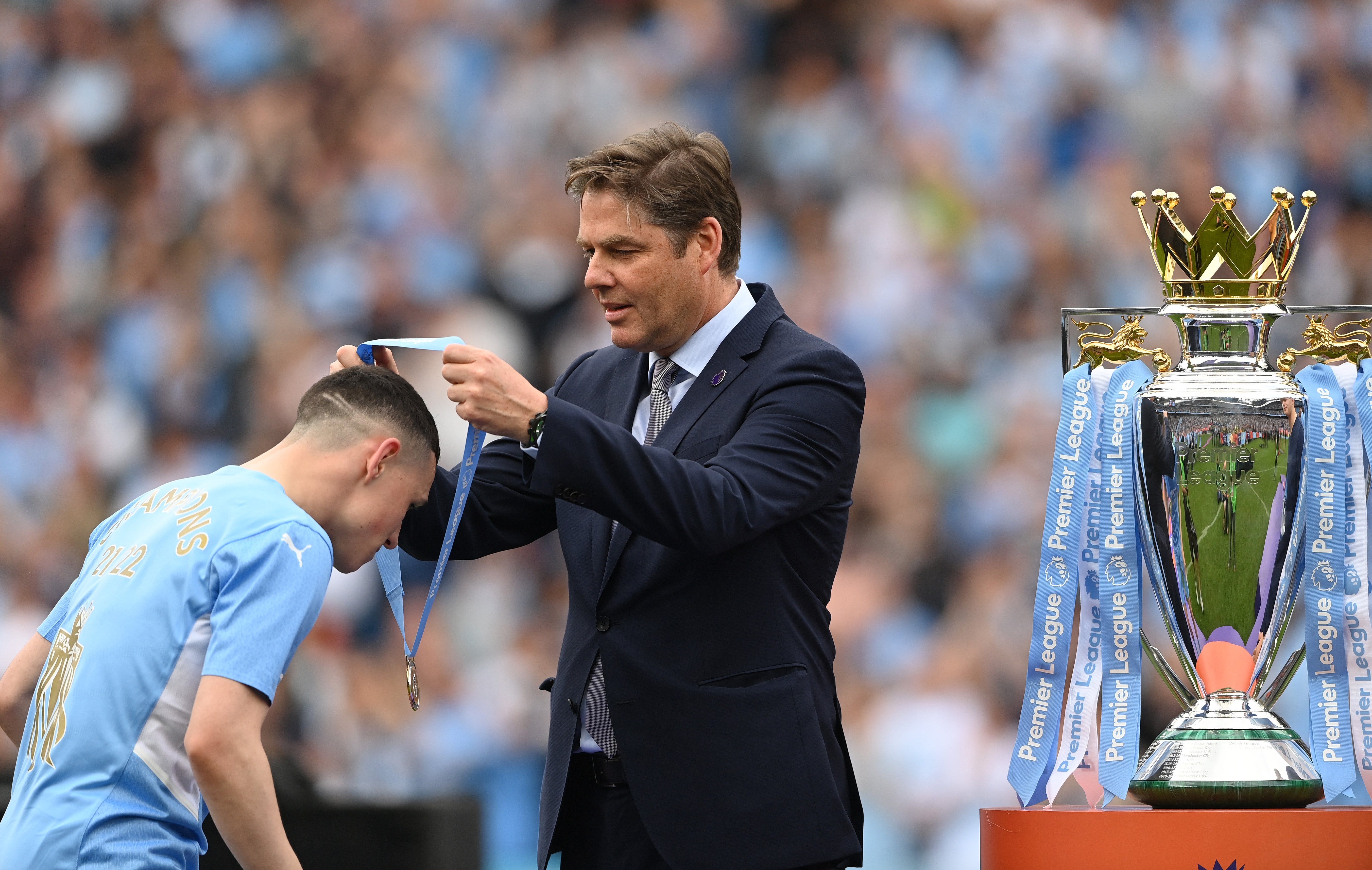Premier League chief refuses to release minutes of key Everton hearing after Parliament request
Everton were given a 10-point deduction for failing Profit and Sustainability Rules

Your support helps us to tell the story
From reproductive rights to climate change to Big Tech, The Independent is on the ground when the story is developing. Whether it's investigating the financials of Elon Musk's pro-Trump PAC or producing our latest documentary, 'The A Word', which shines a light on the American women fighting for reproductive rights, we know how important it is to parse out the facts from the messaging.
At such a critical moment in US history, we need reporters on the ground. Your donation allows us to keep sending journalists to speak to both sides of the story.
The Independent is trusted by Americans across the entire political spectrum. And unlike many other quality news outlets, we choose not to lock Americans out of our reporting and analysis with paywalls. We believe quality journalism should be available to everyone, paid for by those who can afford it.
Your support makes all the difference.Richard Masters has rejected Parliament’s request to release his witness statement to the independent commission that gave Everton the heaviest points deduction in Premier League history.
And the Premier League chief executive rejected an accusation from the Culture, Media and Sport committee that he had moved the goalposts or created the sense Everton were treated unfairly.
The Merseyside club were given a 10-point punishment after failing Profit and Sustainability Rules by making a £124.5m loss over a three-year period, £19.5m more than the permitted maximum.
Dame Caroline Dinenage, the MP who is the chair of the DCMS committee, had written to Masters asking him to provide the minutes of the board meeting when the Premier League decided to adopt the sanction.
Masters replied in a letter saying that Everton were given two months’ notice of the probable punishment and why it would be applied.
He wrote: “Your letter appears to suggest that, although the adoption of the Premier League’s recommendation of a sanction in the Everton case was rejected by the independent commission, the Premier League’s recommendation of ‘a structured formula’ may somehow generate a perception of unfairness or ‘moving the goalposts’. We do not agree.”
Masters said the Premier League did not adopt a policy but made a recommendation and denied that it made the commission less independent.

He added: “A sanction without any underlying basis or explanation as to how it was arrived at would have been of limited assistance. The board rightly felt that the most appropriate way of assisting the independent commission was not simply to submit a particular number of points to be deducted, but to explain the method by which it had arrived at that view: considering the extent to which the club had exceeded the relevant threshold in the rules and how that should be taken into account; and considering the specific aggravating and mitigating factors that it considered to be relevant to this club in this case.
“Everton was provided with complete transparency as to the Premier League board’s view on the appropriate sanction in this case. So as to provide as much notice as possible, it was communicated to the club two months before the hearing, with detail of not only the sanction that the board considered appropriate, and in the interests of transparency, how it had arrived at that answer.”
Everton appealed against the 10-point penalty, with the verdict likely to be announced next week, but also face a second independent commission for breaching PSR in their most recent set of accounts.



Join our commenting forum
Join thought-provoking conversations, follow other Independent readers and see their replies
Comments